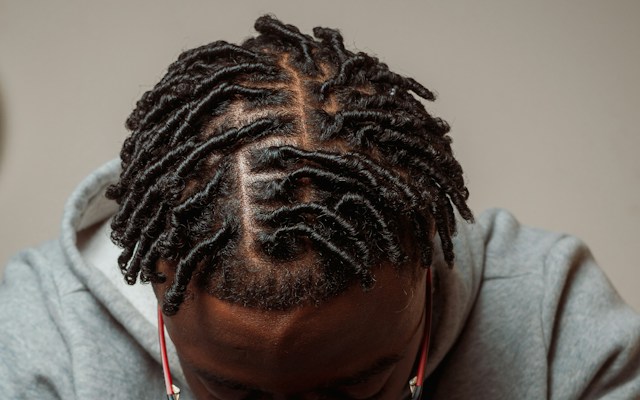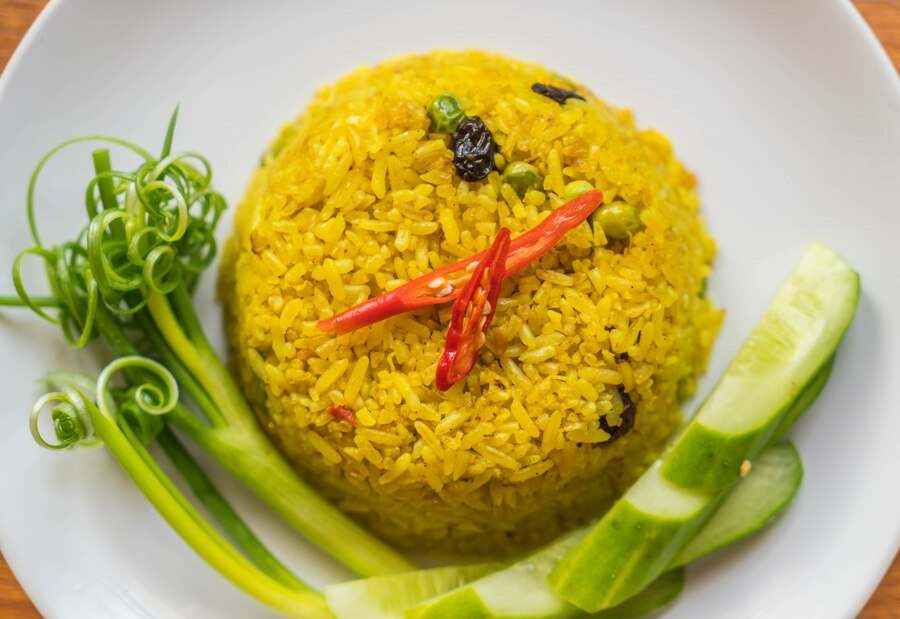Are you thinking of starting your locs journey or perhaps you’ve started and need guidance? Taking care of your starter locs, also known as baby locs, needs patience and dedication to grow healthy and strong.
Depending on your hair type, this process lasts for three to six months, so you need to have a proper maintenance routine. In this post, we’ll guide you on how to care for your starter locs.
Become an insider. Subscribe to our newsletter for more top trending stories like this!
People Also Read: 15 Best Natural Hair Products for Black Babies
Get locs crochet hair on Amazon.
Wash Your Starter Locs
One of the things you should do as part of your maintenance routine is washing your starter locs. That said, limit the number of your wash days to between four to six weeks. Any other frequency will be too much for your dreadlocks and may cause unraveling and breakage.
When washing, massage your scalp gently and don’t scrub them together. At the same time, you shouldn’t underwash your locs. Buildup from hair products and dirt from the atmosphere will accumulate and interfere with the growth process of your locs. Consider wearing a wig cap when washing to prevent unraveling.
If you aren’t sure about how can go about this safely, go to professional locticians to wash your starter locs.
People Also Read: Black People with Straight Hair: Is It a Myth or Fact?
Get jojoba oil on Amazon.
Avoid Excessive Use of Hair Products
As much as you want to keep everything glowing and growing well, you shouldn’t apply so many hair products. This will lead to product buildup and your starter locs might begin to unravel therefore, limit the use of hair products.
Don’t Deep Condition
Another way of protecting your starter locs is avoiding deep conditioning because it can cause unravelling. Be patient and follow the simple washing routine we’ve suggested above. This step will come after your locs are defined.
People Also Read: Here Are 7 Tips to Help Grow Your African Hair Long Naturally
Become an insider. Subscribe to our newsletter for more top trending stories like this!
If you need castor oil, check out Amazon’s collection.
Don’t Touch Unnecessarily
It can be very tempting to want to touch your starter locs to feel how they are growing. However, resist the urge. Don’t retwist or try to add unnecessary products. Let it grow freely and only interrupt during your wash day.
Cover Your Locs When Sleeping
Don’t sleep without covering your starter locs otherwise they might collect debris and make them look dirty. Use a satin pillowcase, bonnet or silk scarf to protect your hair from any friction that will interfere with your locs growth.
People Also Read: 11 Incredible Facts to Know About African Hair History
Go For Natural Oils
As much as we’ve said that you should touch your starter locs minimally, your scalp needs moisture. We recommend using natural oils like argan oil, olive oil, coconut oil, castor oil and jojoba oil, for healthy hair growth.
Style Loosely
You can style your locs to switch up your looks. However, tying it tightly or wearing tight protective hairstyles can cause breakage.
Taking care of starter locs isn’t a walk in the park. However, if you want to grow them strong and healthy, you have to follow the maintenance tips we’ve shared. Avoid using too many hair products, tight hairstyling and manipulation. When you’re in doubt, always go to a professional. They’ll treat your hair and possibly give you a proper care regimen to grow your locs.
Interested in watching the full article video? See below. Subscribe to our YouTube channel for more original, inspiring videos on the black experiences.
Nearly 80% of consumers visit directories with reviews to find a local business. List your business for free in our exclusive Spotcovery Black-Owned Business Directory.
Spotcovery offers unique and fresh daily content on Black culture, lifestyle, and experiences. We talk about everything black, black people, black-owned and black-owned businesses. We also deliver authentic and relevant content that will inform, inspire, and empower you! The future of black media is critical to today’s black experience! Our primary audience includes African Americans, Africans, Afro-Caribbean, and people of African heritage. Black culture is for the culture!
Become an insider. Subscribe to our newsletter for more top trending stories like this!





